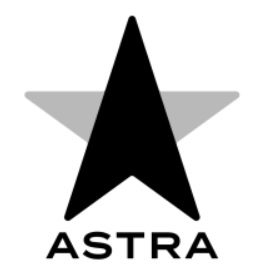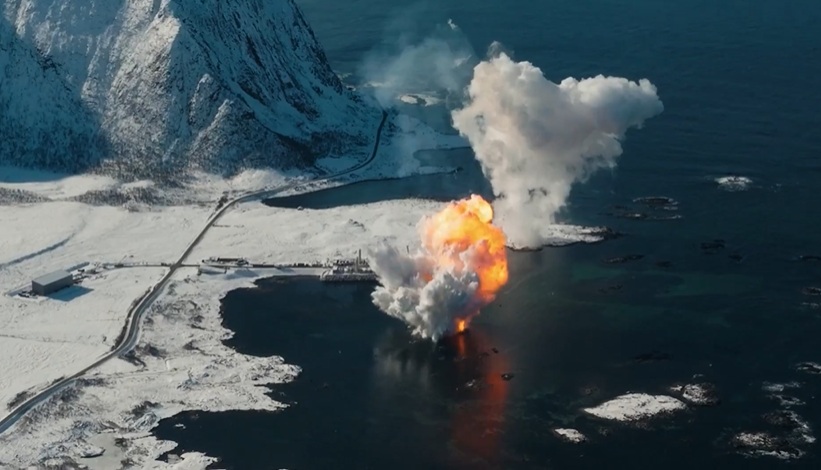There were two launch failures from different parts of the world in one day: the US Astra Rocket 3 and China’s Kuaizhou-1A. Astra Space attempted the first orbital flight of its upcoming Astra Rocket 3 small launch vehicle on 12 September. Lifting off from the Pacific Spaceport Complex, Alaska, the launch occurred at 0319 GMT but ended in launch failure shortly afterwards. Astra Space reported an anomaly during the first-stage burn. Seradata understands that this failure may have been caused by a pogo/thrust oscillation, triggering roll oscillation that pushed the rocket off course. This led to an engine shutdown 30 seconds after lift-off, with the rocket falling back to Earth and exploding on impact. This launch failure is the third after two test flight failures of Astra Rockets 1 and 2, and a third on-pad prelaunch destructive failure of an Astra Rocket 3.
Astra Space, while previously a stealth space company, came to industry awareness through its (unsuccessful) efforts to win the DARPA Launch Challenge early this year.
Also taking place on the morning of 12 September was a Chinese Kuaizhou-1A launch. This mission was carrying the Jilin-1 Gaofen-02C Earth-observation satellite built by Chang Guang Satellite Technology Co. The Kuaizhou-1A rocket lifted off from the Jiuquan Satellite Launch Center, Northern China, at 0502 GMT. Like its American counterpart this mission also ended in launch failure. The cause of launch failure has not been released by the Chinese authorities.
The Kuaizhou-1A launcher has now suffered two launch failures in a row – including the preceding mission in June 2020. The rocket is marketed by Expace Technology Co, which is owned by state company CASIC. It had a good track record flying 11 times before these two failures.
Comment by David Todd: With respect to world launches, according to the Seradata database there have been eight launch failures to date this year, equaling the 2017 launch failure record for the years since 2000.








